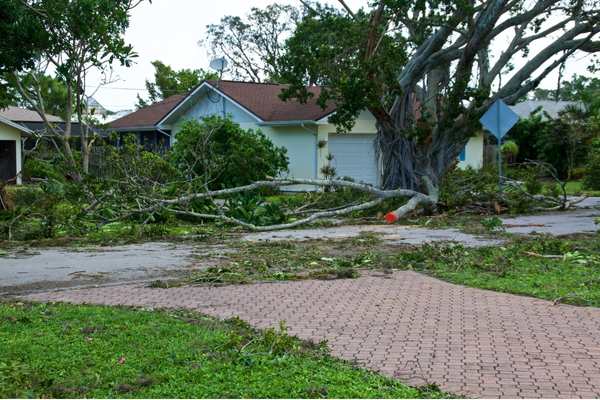If you’re a Texas landlord, then you know that dealing with a tenant who won’t pay rent can be a real hassle. Tenants have many rights under the law. Additionally, it can be challenging to make them pay. This blog post will discuss the steps that landlords can take to get their rent money. Moreover, we’ve included the legal options that are available to you. Read on to learn more!
When is Rent Considered Late?
In Texas, rent is typically due on the first day of the month regardless of weekends or holidays. Rent is considered late the second day of the month or after. However, these terms can be more specified in the lease agreement. Look over your lease agreement to see if the rent date is determined. Further, the contract may include information on late fees.
Options for Accepting Late Payments
Some states have grace periods, which give tenants a few extra days to pay rent without being penalized. Unfortunately, Texas is not one of those states. In Texas, landlords can legally start the eviction process after the first late payment. However, there are other things you should do before jumping straight to eviction.
The first thing to do is to contact your tenant. They may have forgotten to make the payment. Remind them when the rent is due and see if they can make arrangements to catch up on charges. In many cases, a simple reminder is all it takes to encourage tenants to take action. However, some situations may require more drastic measures.
If the tenant still doesn’t pay after your reminder, your next step should be to consult with a real estate lawyer. They will be able to advise you on your legal options and help you navigate the eviction process.
No landlord wants to go through the hassle of evicting a tenant. Nevertheless, it’s essential to know your rights and options if your tenant won’t pay rent.
How Do You Serve an Eviction Notice?
In Texas, there are four ways a landlord can serve an eviction notice:
- The landlord can personally give the notice to the tenant.
- You can post the message on the inside of the property’s front door. However, only use this option if you can enter the premises legally.
- Another way is by mailing a copy of the eviction notice by regular mail, registered mail, or certified mail. Be sure to request a return receipt.
- Finally, your property may not have a mailbox, or you don’t have legal access to enter the building. In that case, you can post the notice on the outside of the property’s front door.
Eviction Notice When Tenant Won’t Pay Rent
Before sending your eviction notice, let a real estate lawyer review it. They will ensure it includes all the essential information.
Here are a few key things you should include in every eviction notice:
- Date served
- Tenant’s full name and address of the rental property
- Reason for eviction
- An option for repaying all missed/late payments (optional)
- A statement explaining that the tenant must move out by a specific date
- An explanation saying that if the tenant refuses to move out, the landlord can and will take legal action
- A statement saying how you delivered the eviction notice
Filing an Eviction Lawsuit When Tenant Won’t Pay Rent
After the tenant has received the eviction notice, the landlord can file an eviction lawsuit if they still refuse to move out. This process can be long and messy. Further, you may want to go ahead and change the locks or shut off the utilities. However, it’s best practice to refrain from doing so. If you win the case, a law enforcement officer will arrive to remove the tenant from your property.
While this may seem like a lot of work, it’s essential to know the landlord’s rights. Ultimately, tenants who don’t pay rent can cause severe financial hardship. By taking the proper legal action, you will be able to protect your interests.
If you have any questions about this process or need assistance, be sure to speak with a real estate lawyer in Texas. They can help guide you through the process and ensure that you complete everything correctly.
Why hire a Real Estate Lawyer in Texas?
When tenants aren’t paying rent, it’s crucial to take action quickly. A real estate lawyer in Texas can help you navigate the legal process and protect your rights. Also, they can help you recover any past due rent.
Dooley Noted Law specializes in Real Estate, including landlord’s rights. We will assist you in understanding your rights and options and help you take the necessary legal action.
If you find yourself in this situation with your tenant, Dooley Noted Law is here to help. Schedule a FREE 15-minute consultation today.




